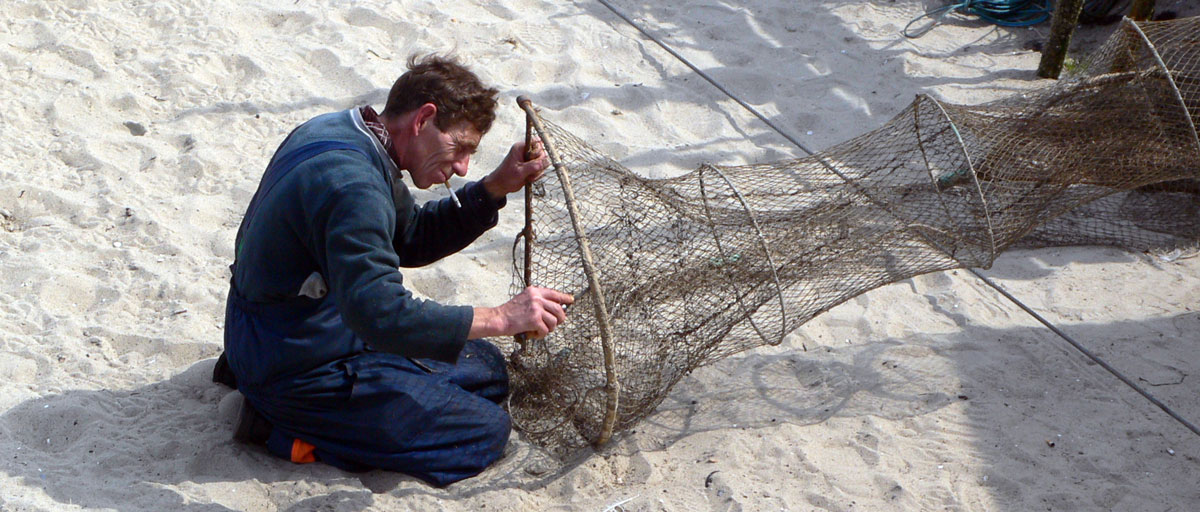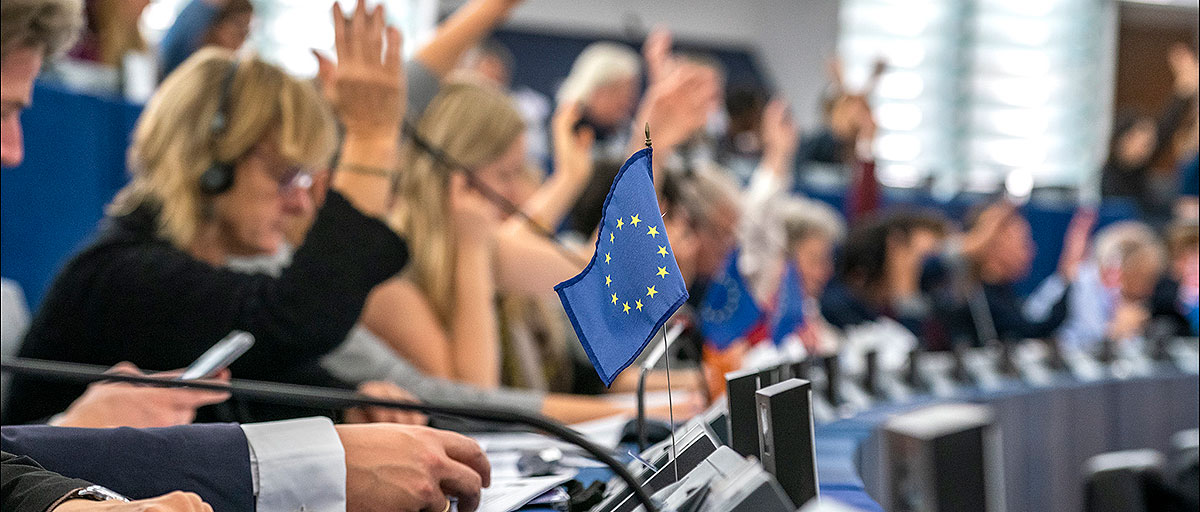- Public policy
- Fisheries policy and governance
- Complex adaptive systems
- Agent-based modelling
- Process tracing
- Middle-range theory
Kirill Orach research focuses on complex dynamics of the policy process that influence failures and successes of environmental governance
Particularly, he aims to contribute to the middle-range theory of SES governance by analyzing and comparing cases of fisheries policy change and establishing causal mechanisms that give rise to policy adaptation across cases. He uses a combination of comparative approaches and agent-based modelling to identify, test and refine key factors and mechanisms influencing adaptive policy change in fisheries governance.
In his work Orach builds upon his PhD thesis, which was dedicated to the role of interest groups and interest coalitions in fisheries policy change, with the focus on the case of 2013 EU Common Fisheries Policy reform. Orach’s work highlights complex adaptive nature of the environmental policy process and the diffuse mechanisms through which information about environmental crises can find its way on the political agenda. During his PhD Orach applied qualitative case study methods (process tracing, content analysis) as well as agent-based modelling.
Orach holds a MSc in International Administration and Global Governance from the University of Gothenburg. His Master research focused on decentralization in biodiversity governance and the role democratic institutions play in the process of power sharing in natural resource management. Orach also has a MSc in International Economic Relations from V. N. Karazin Kharkiv National University, Ukraine.
Orach is a member of:
- SES-LINK – research group at Stockholm Resilience Centre, studying co-evolutionary dynamics of social-ecological systems through combining empirical research and computational modelling methods
- ECPR Standing Group on Interest Groups





